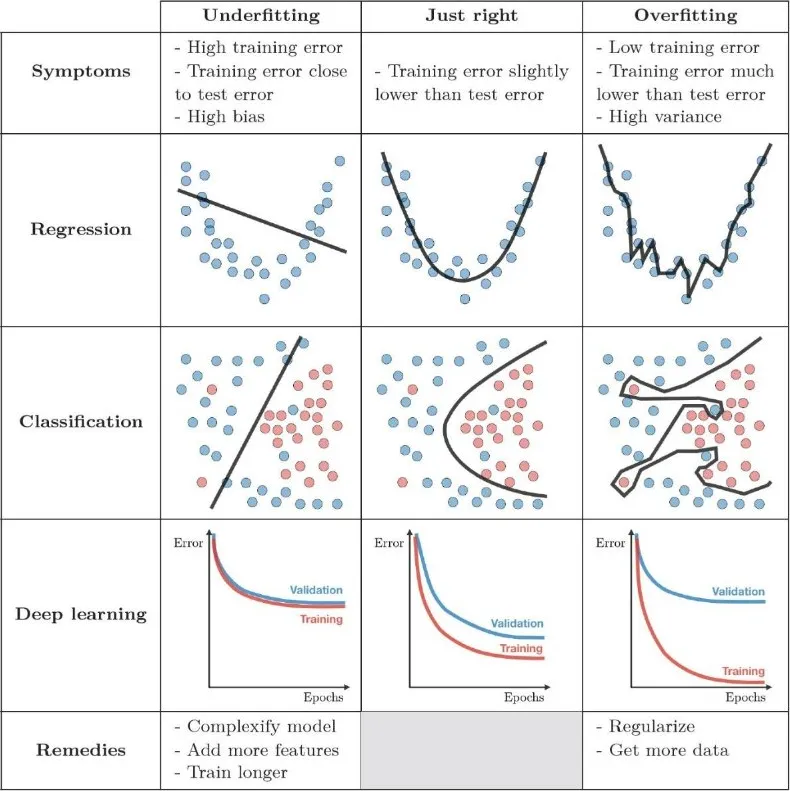Sampling Bias and Trauma
September 11th, 2025
In the context of machine learning, sampling bias is a great model for how childhood trauma affects perception and executive function in adult humans, because it accurately elucidates three things:
- Demonstrates that we learn off of training data.
- Shows how poor training data can lead to a poor understanding of the world.
- Gives an out: therapy is analogous to feeding ourselves a better training set.

In ML theory, the model learns based on the training data. We tune parameters that allow it to fit best to the sampled training set to capture signal and not overfit or underfit against noise. In childhood, we're fed experiences and depending on our own baseline intelligence we draw signal from them to fit for the future. (Perhaps this is why anxiety and depression is highly prevalent in intelligent populations, because they overfit to overtly negative experiences in life and adopt black-and-white thinking.)
Therapy is like model tuning and re-training on a new dataset. Learning to not over-learn with traumatic situations and being exposed to recall different aspects of the world.